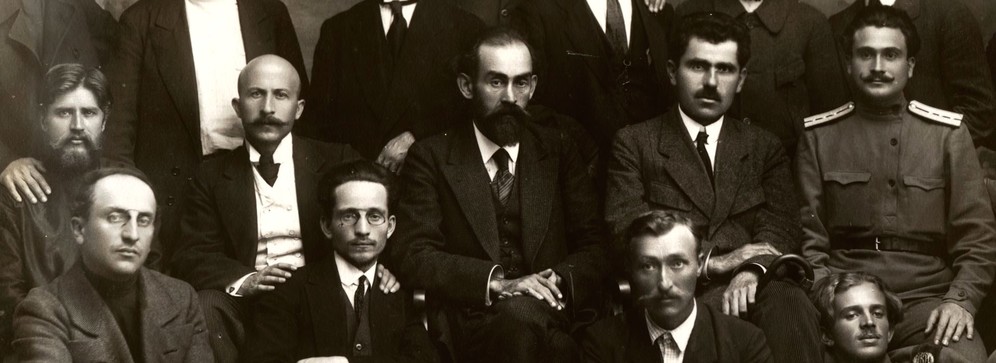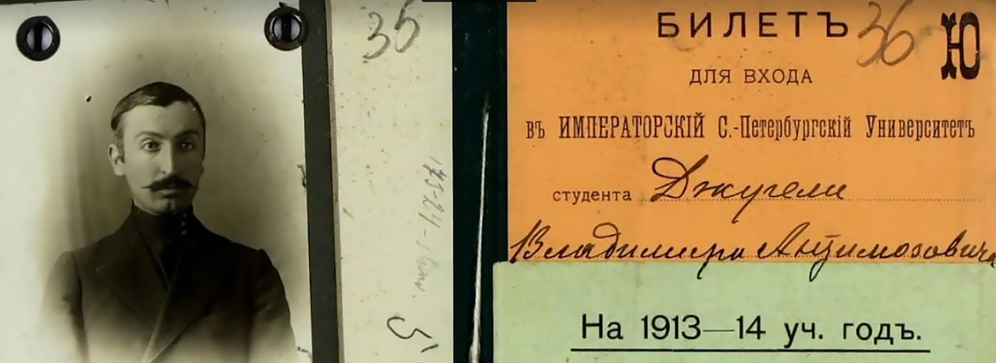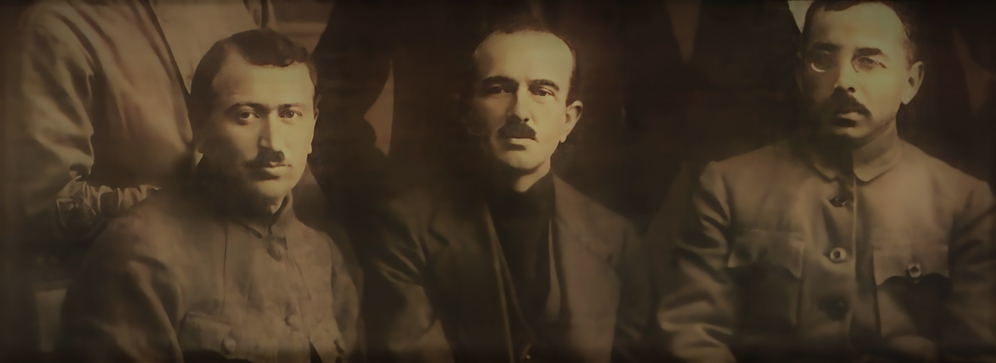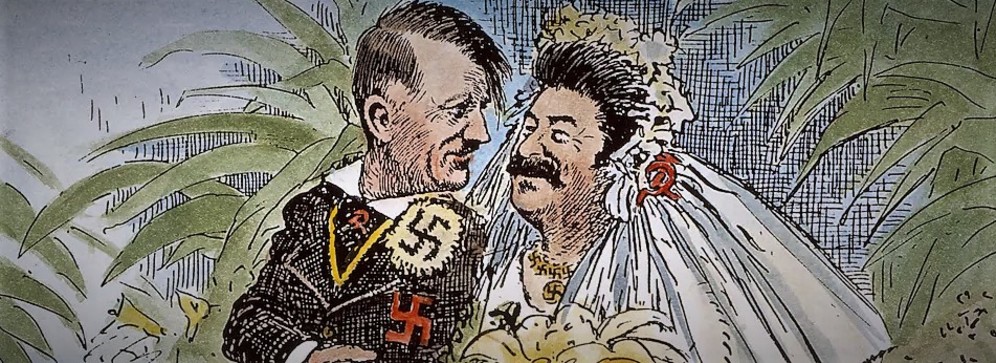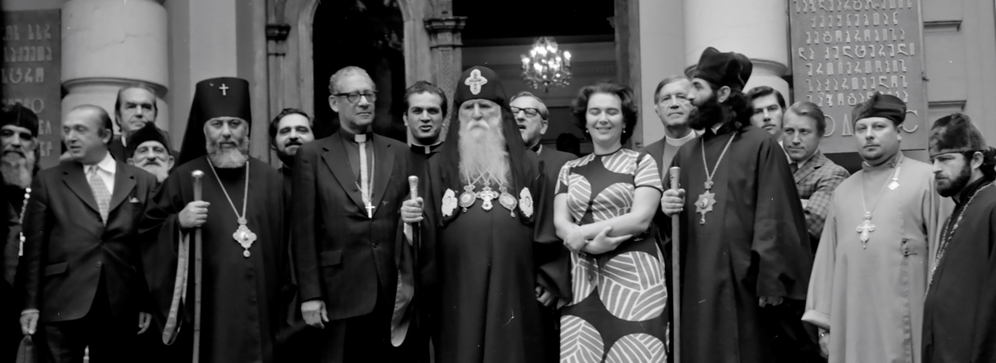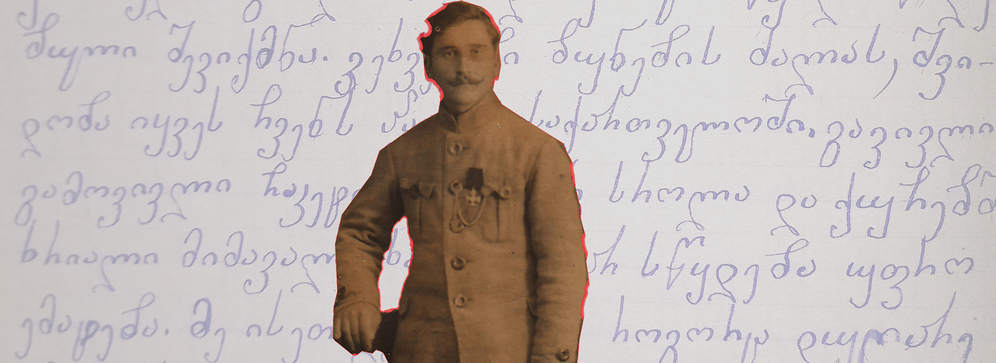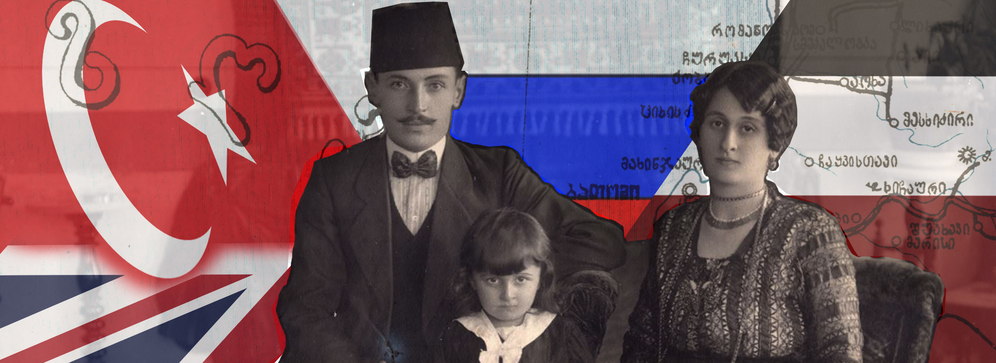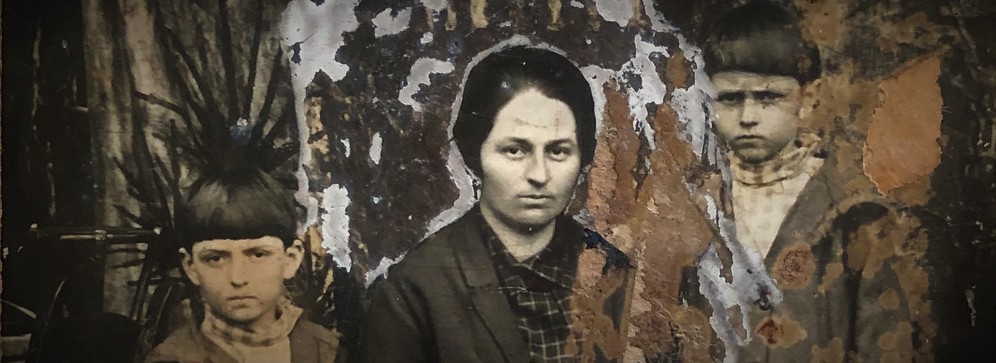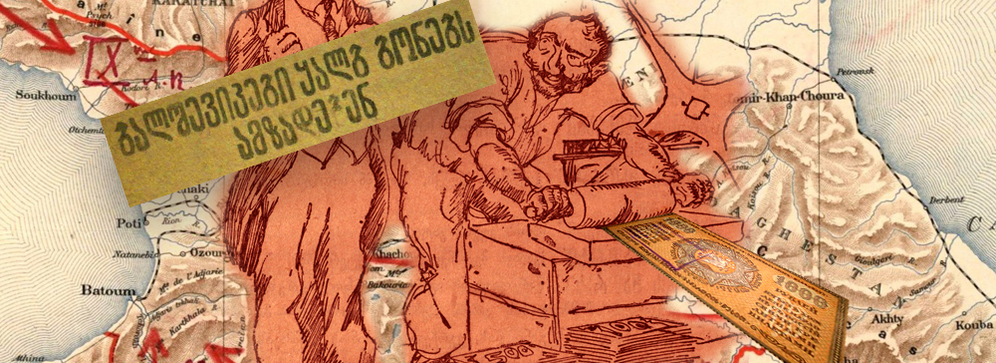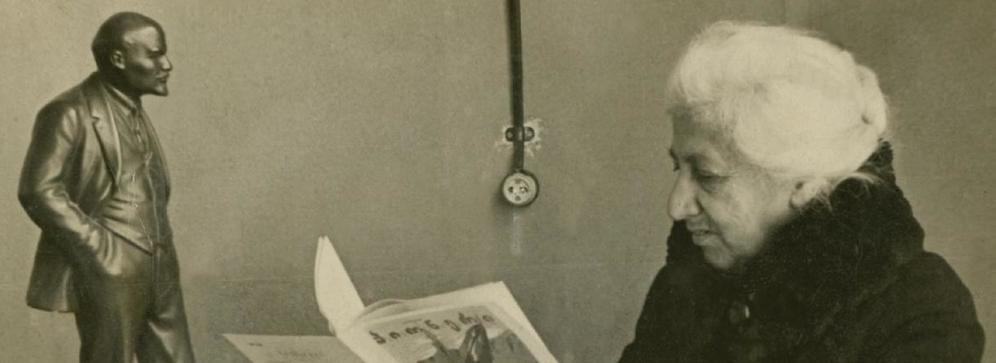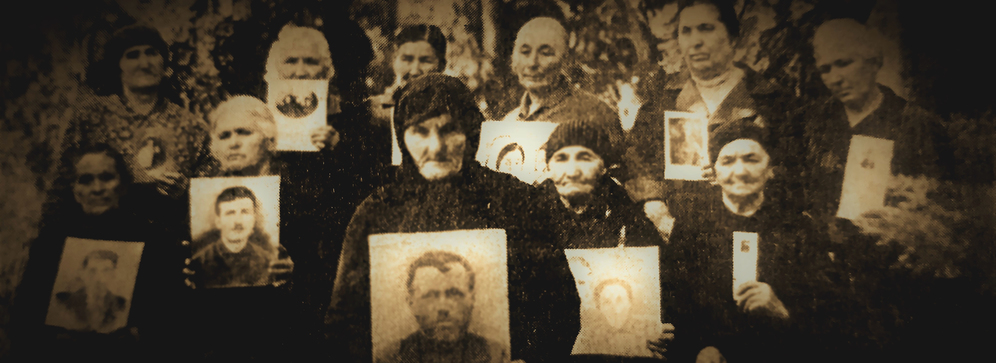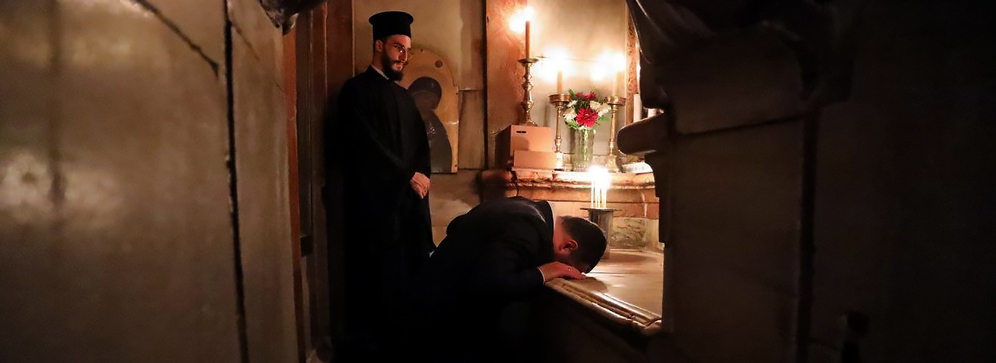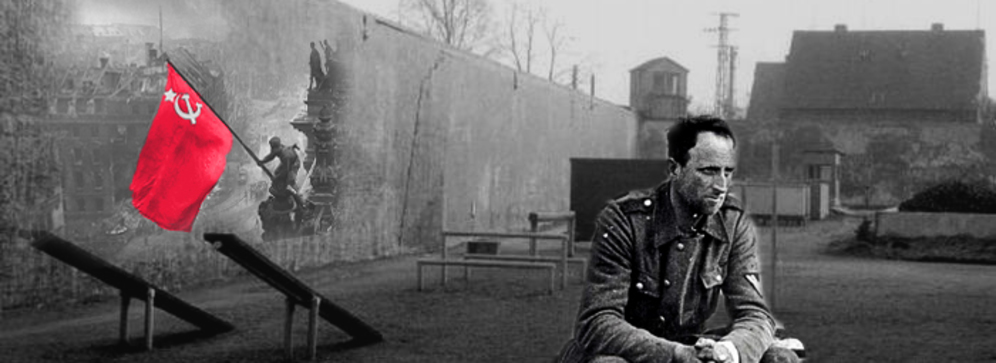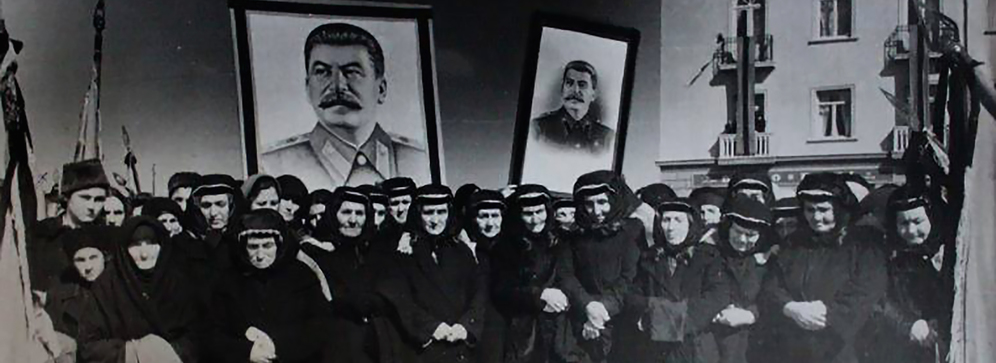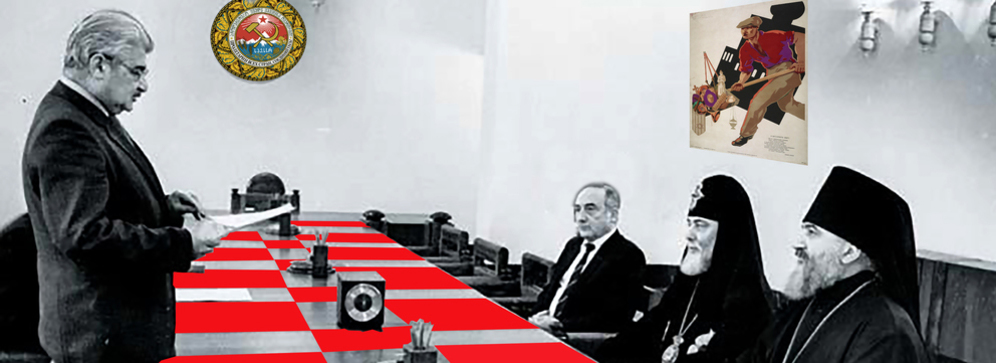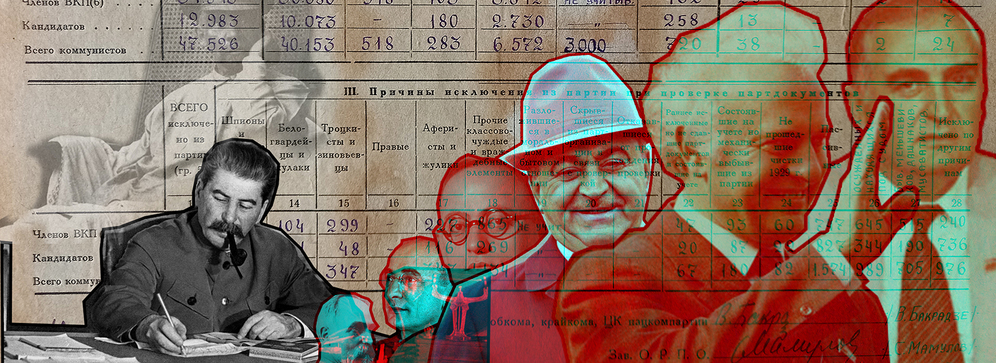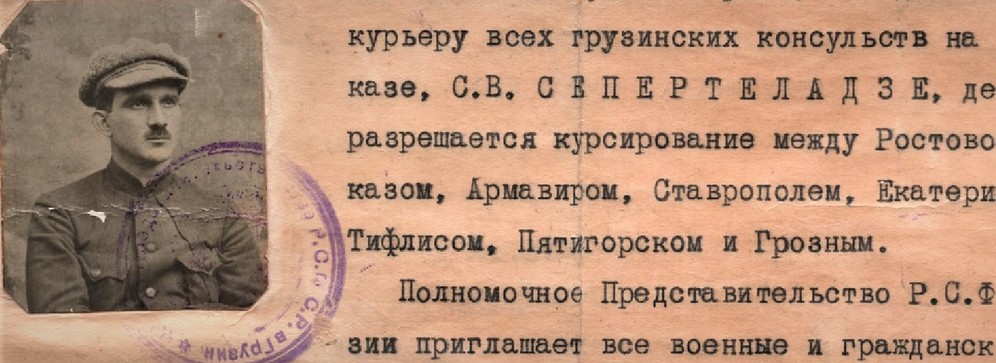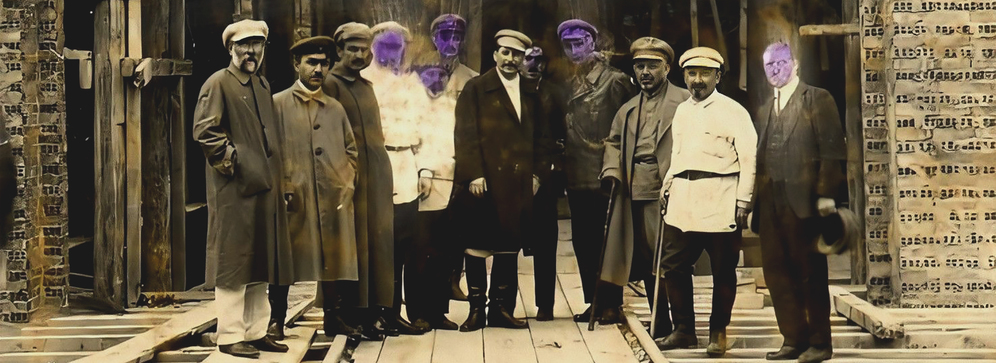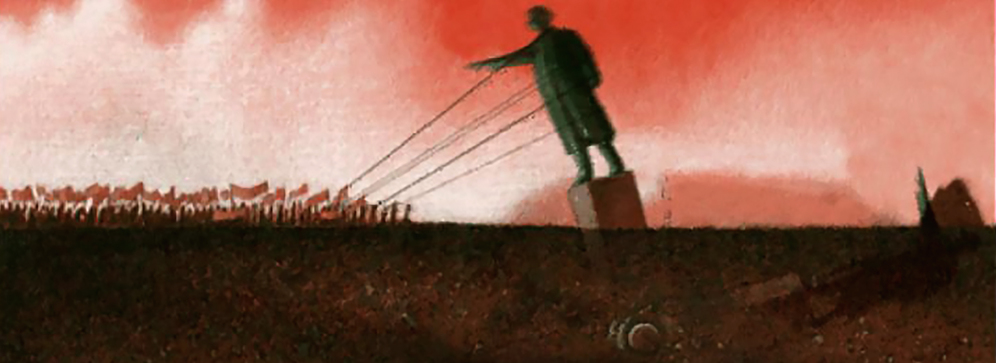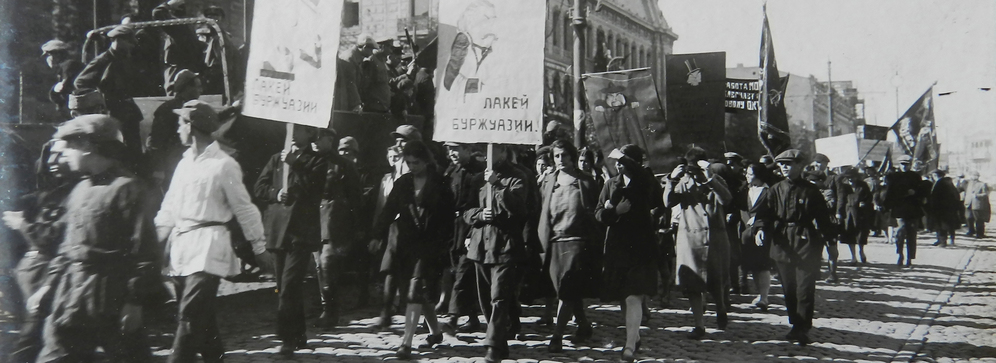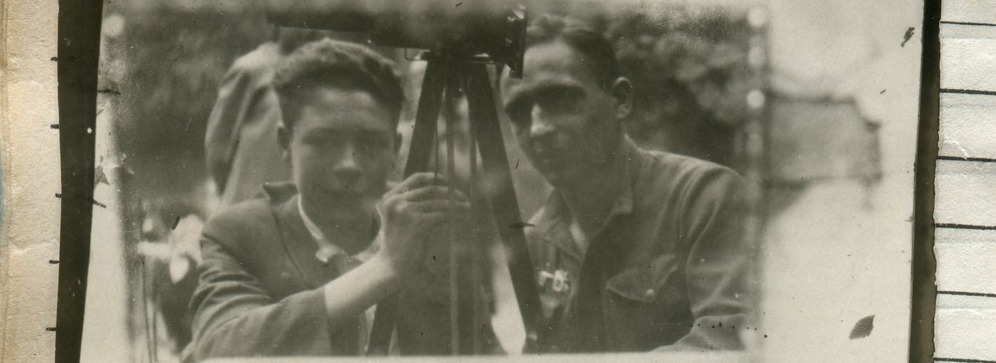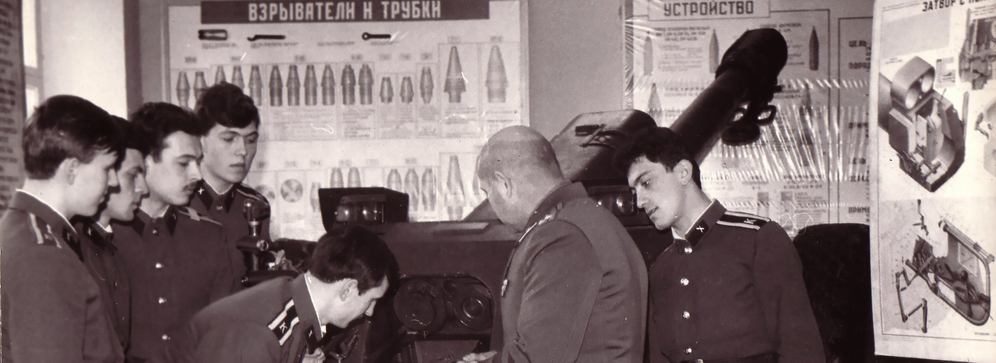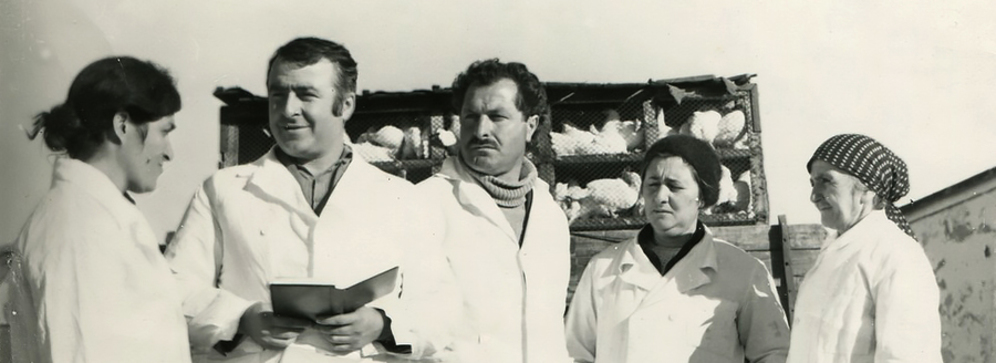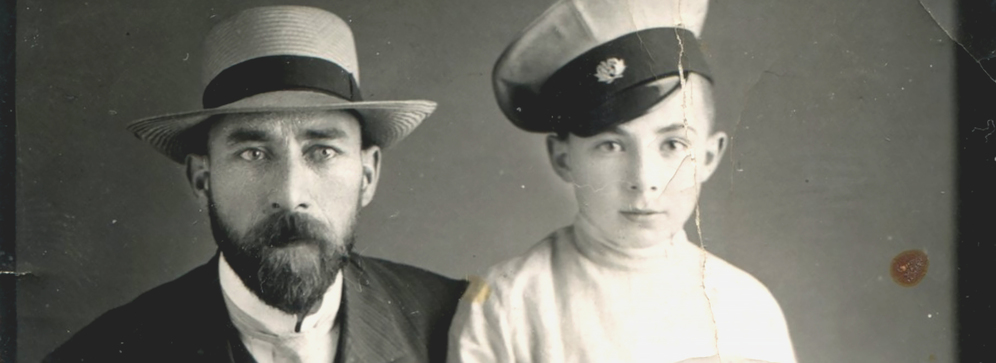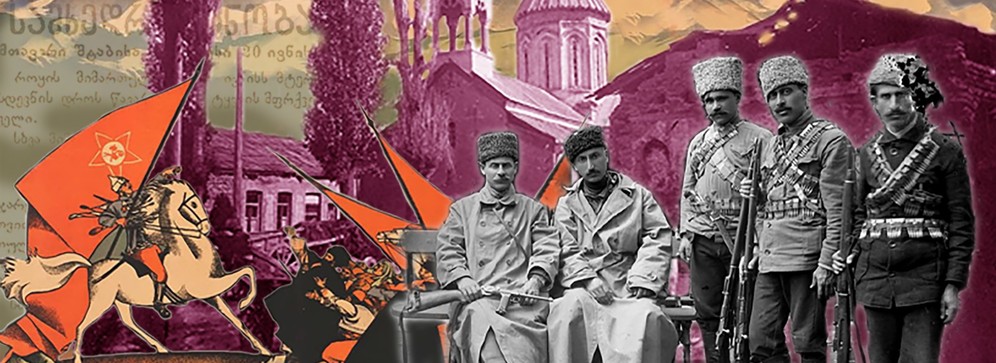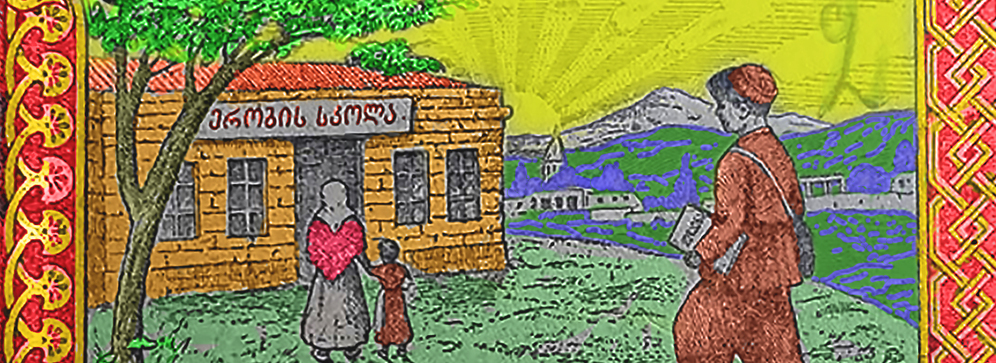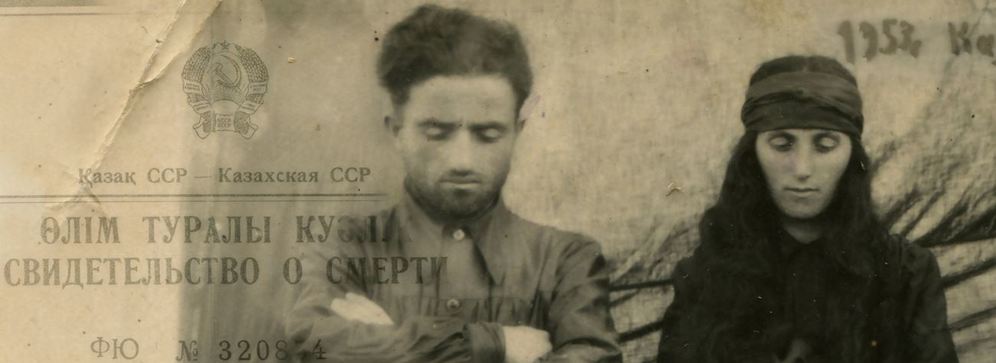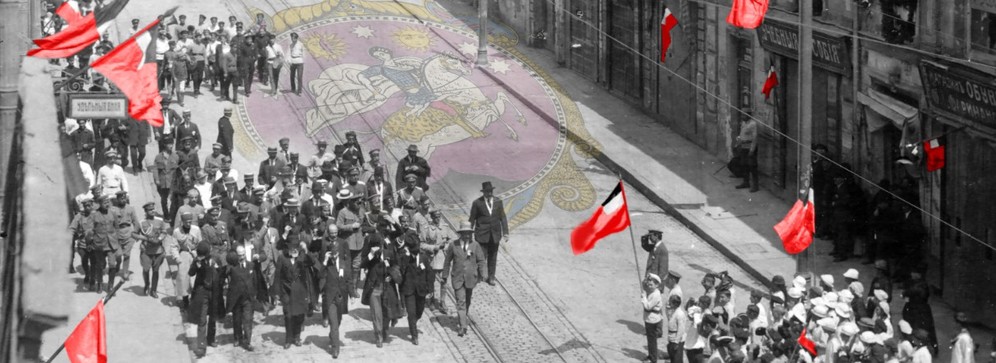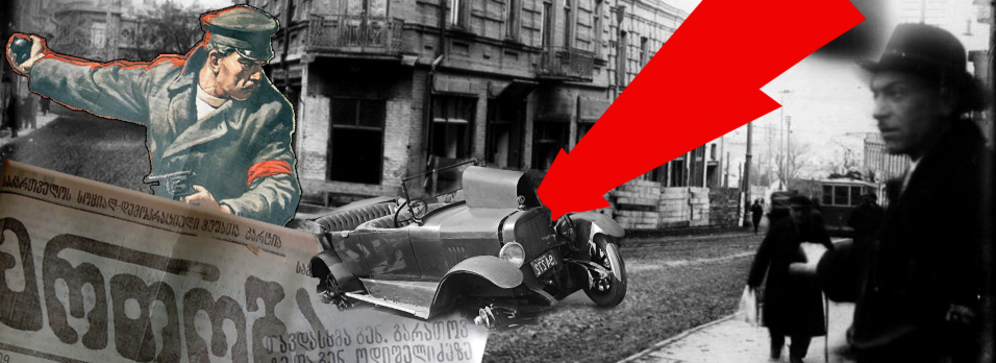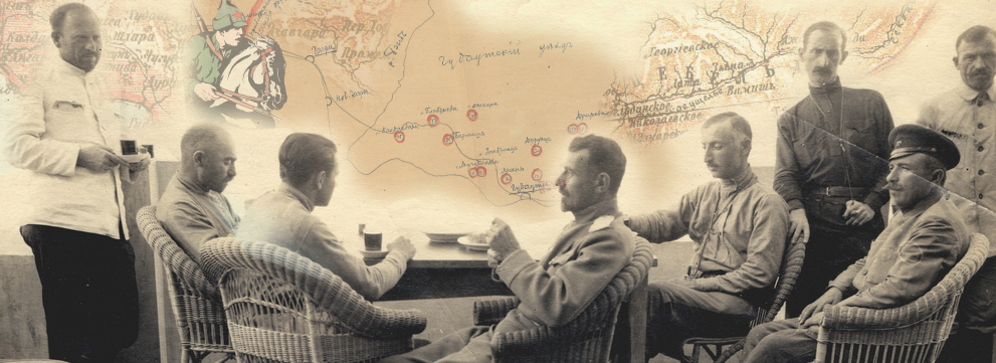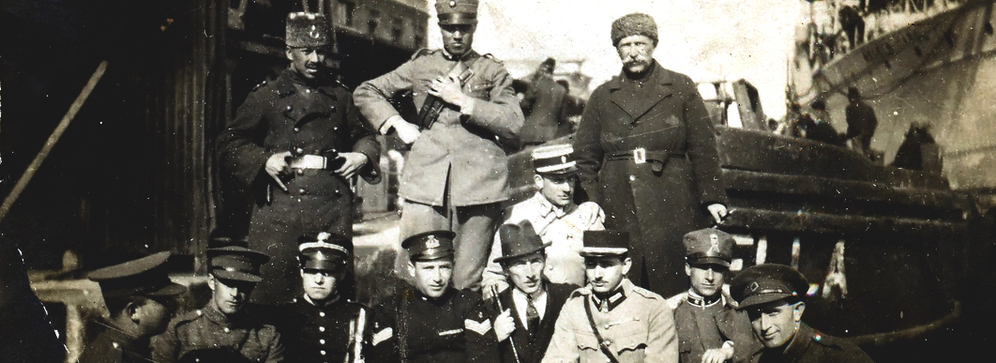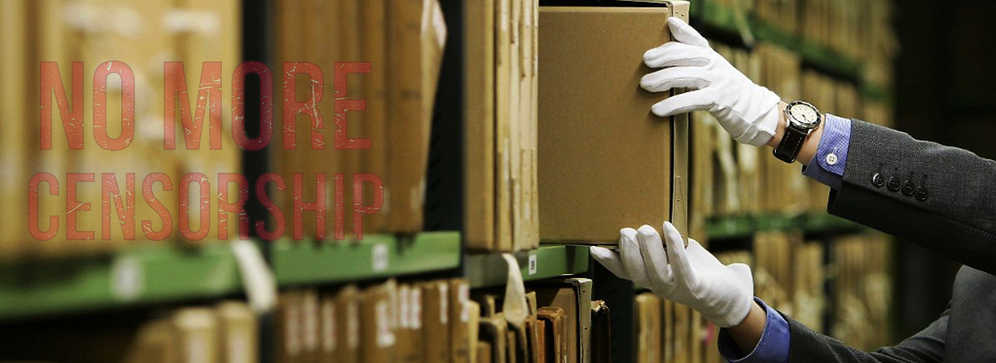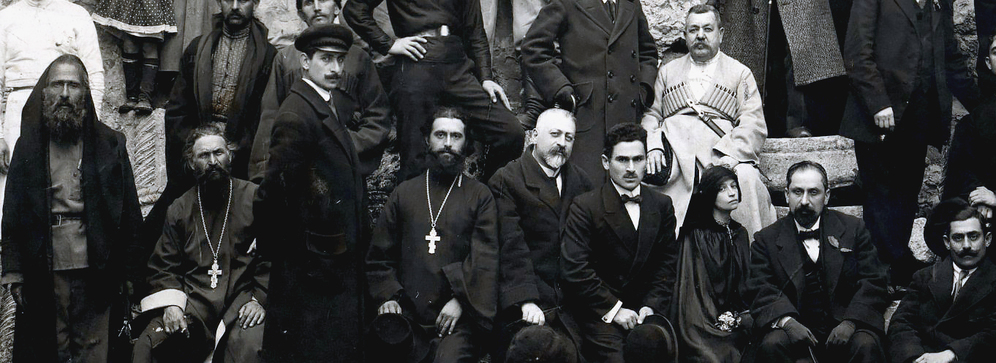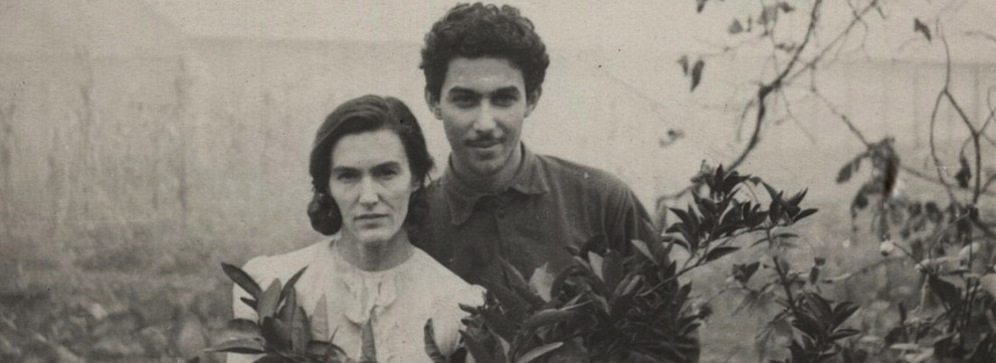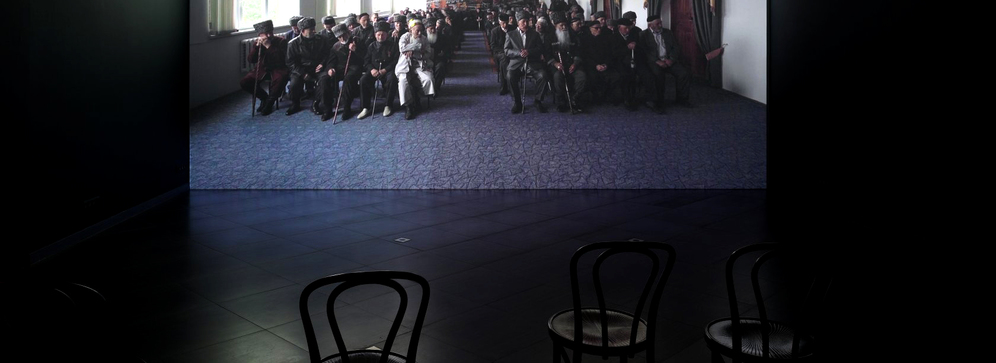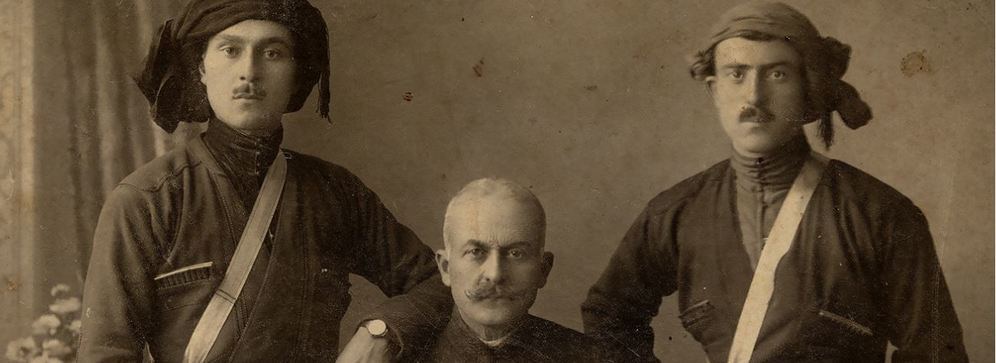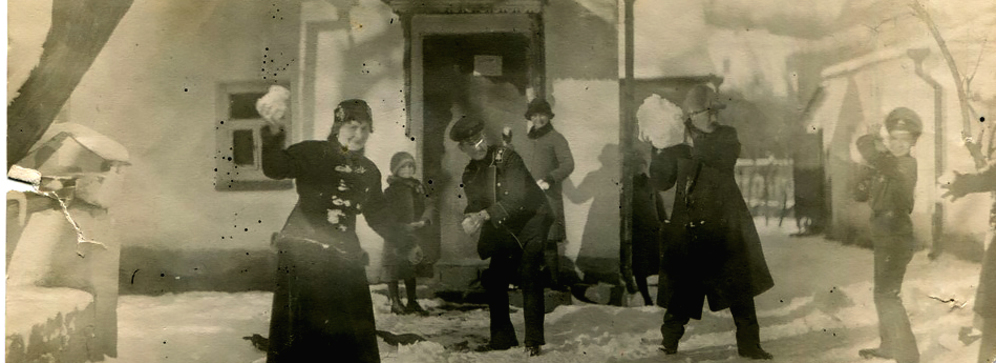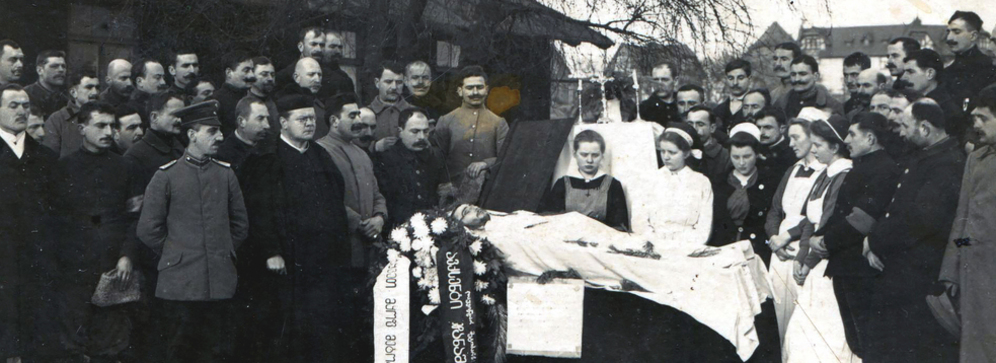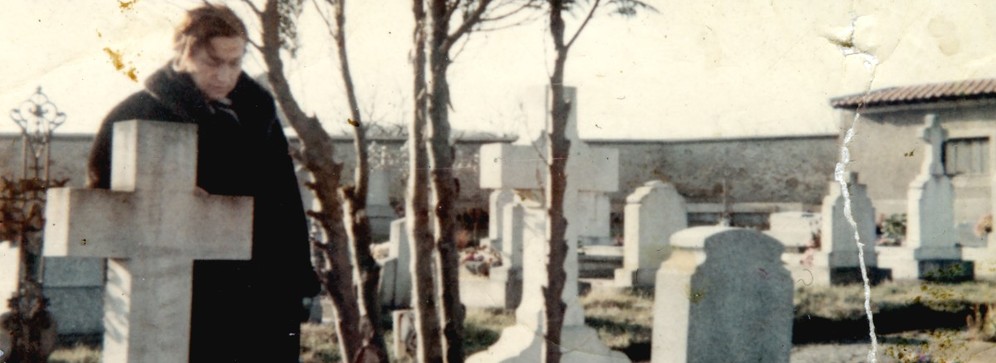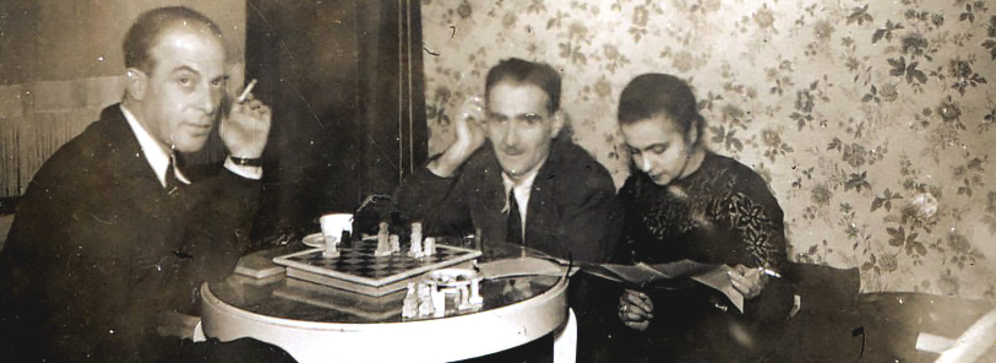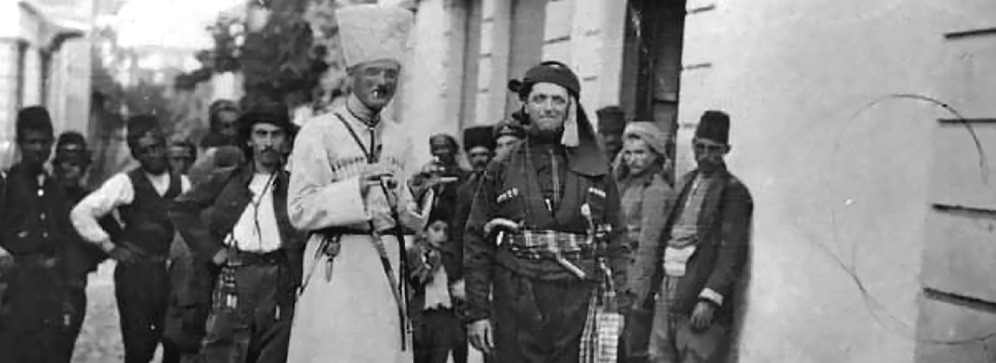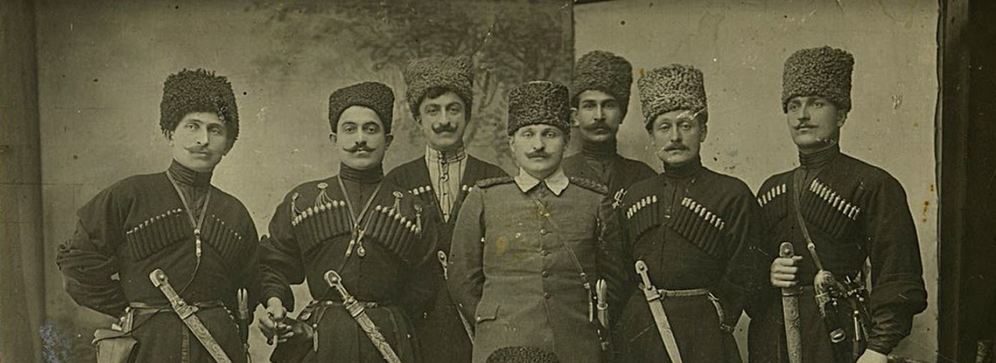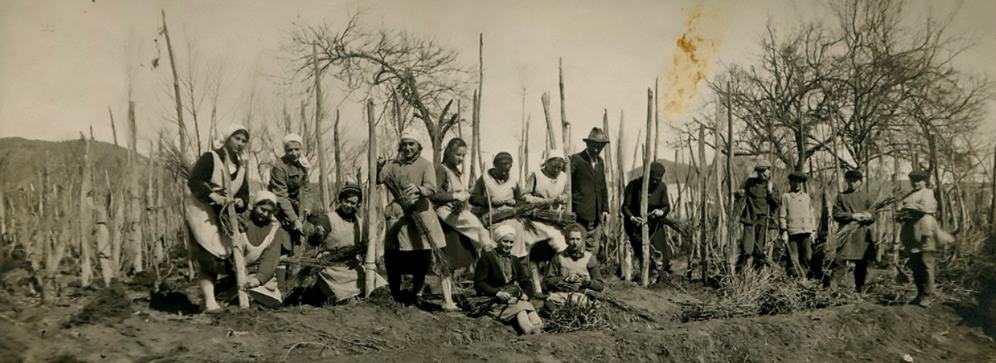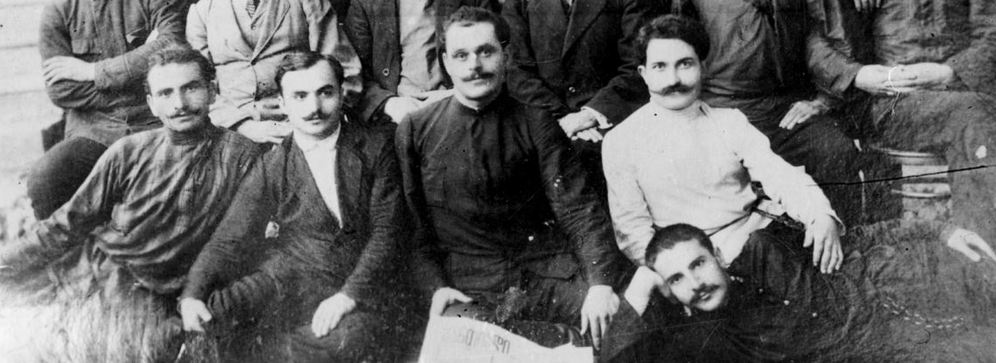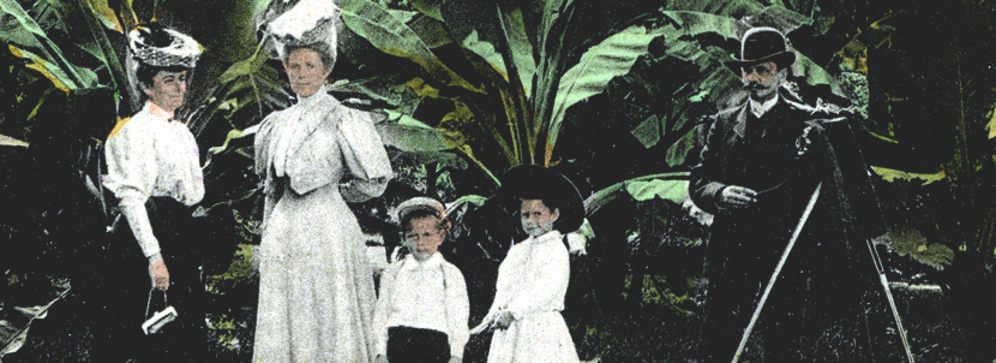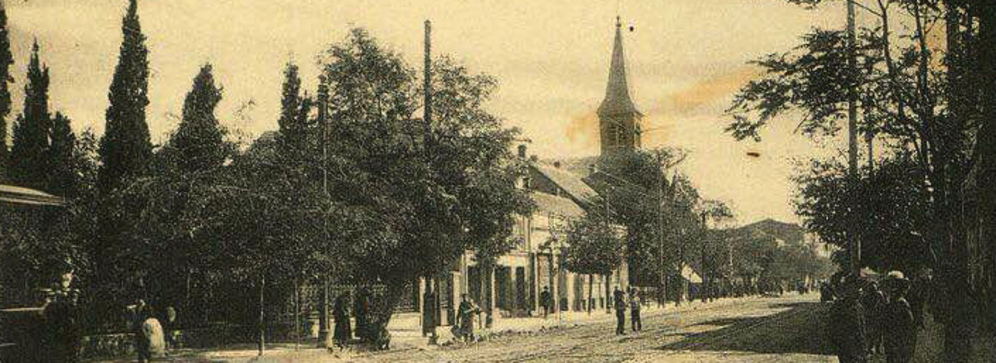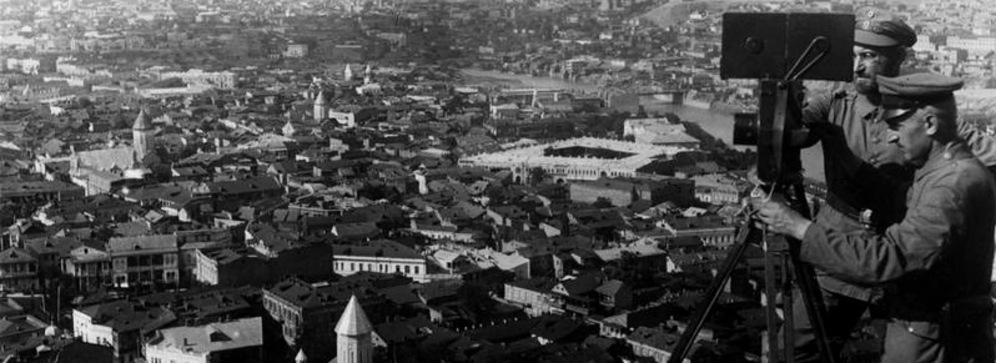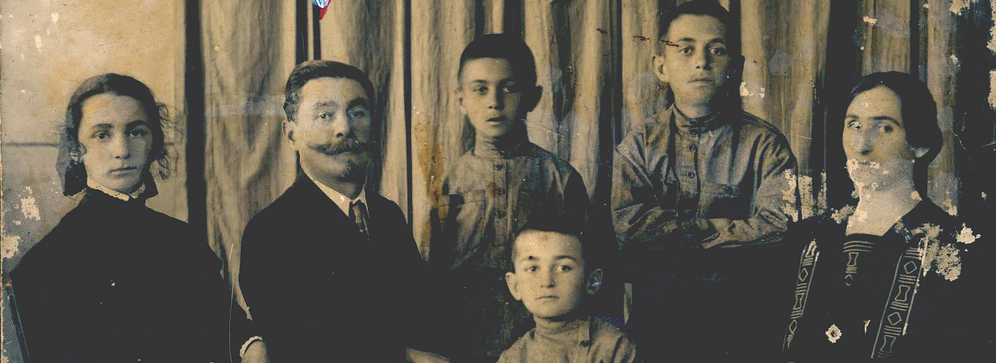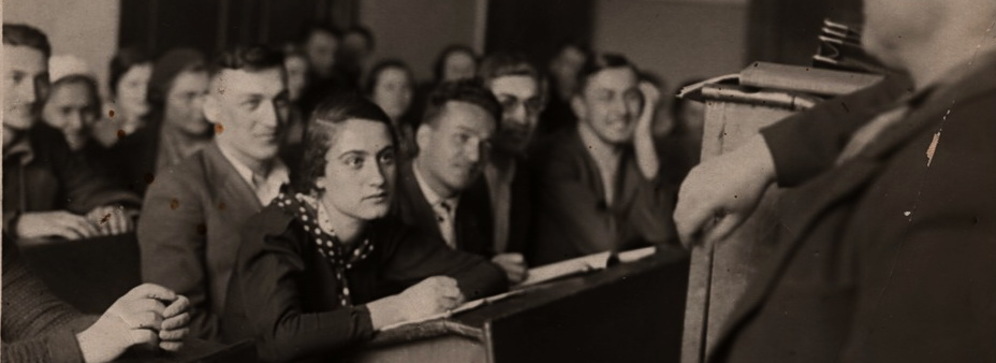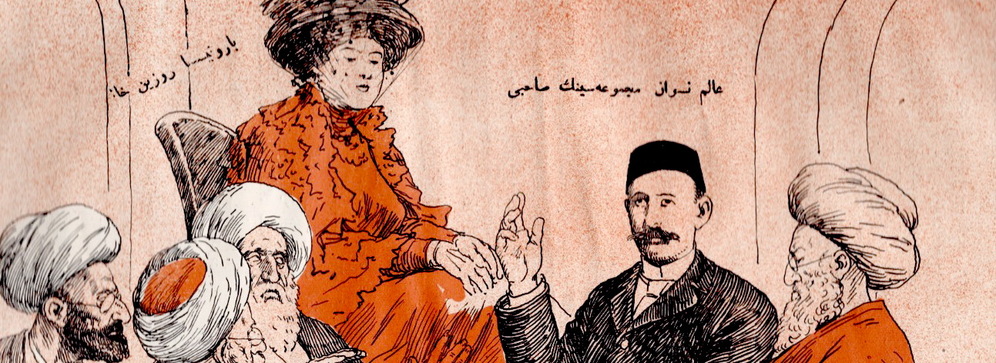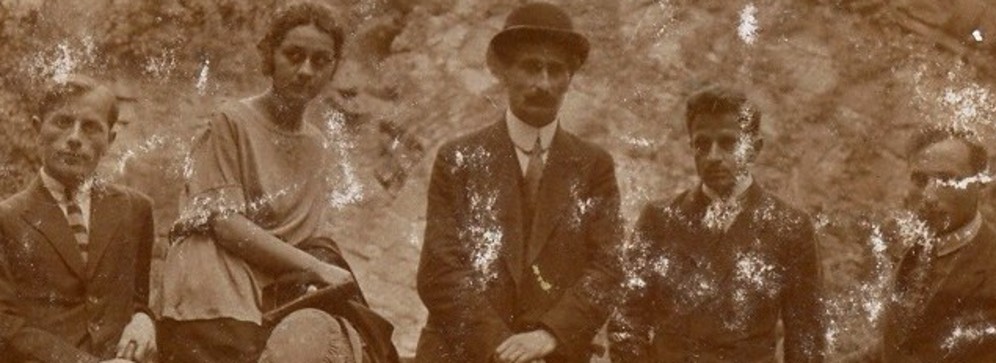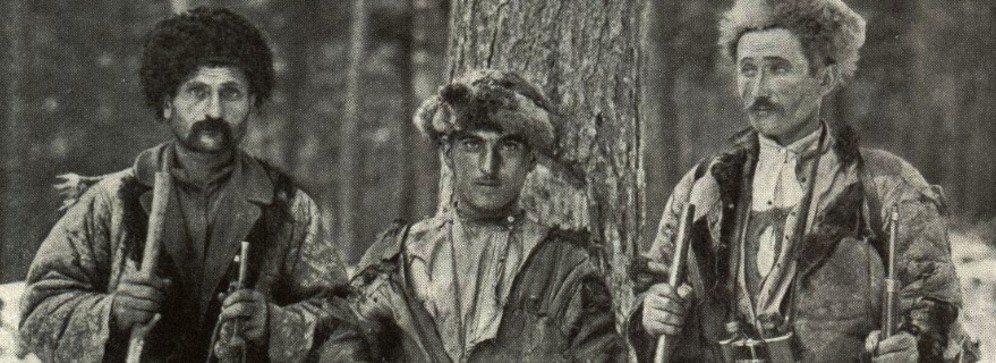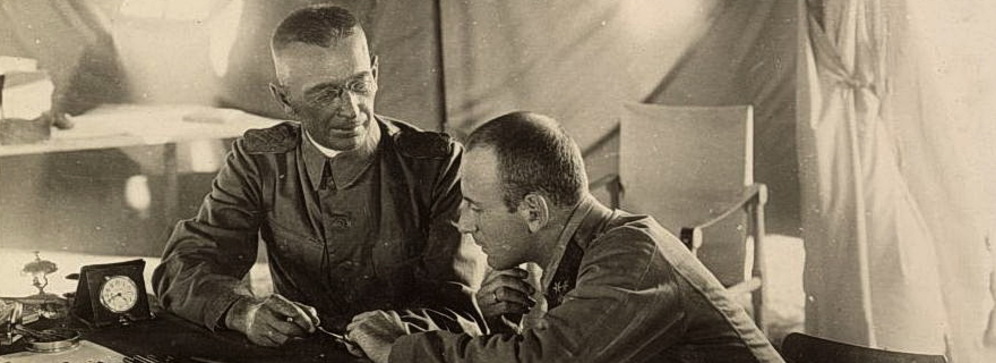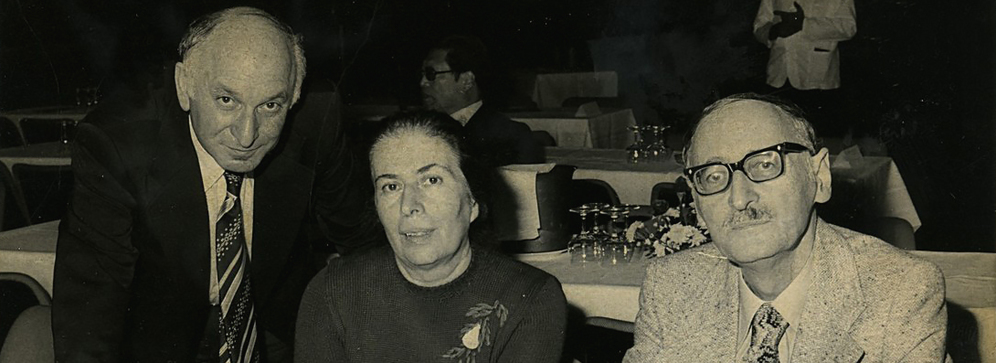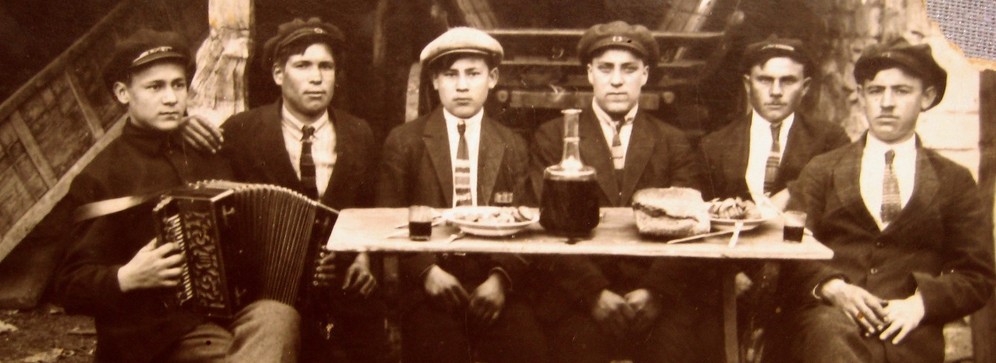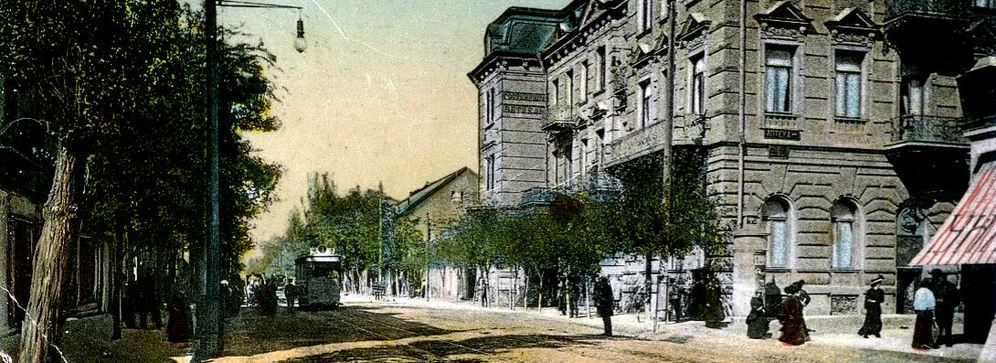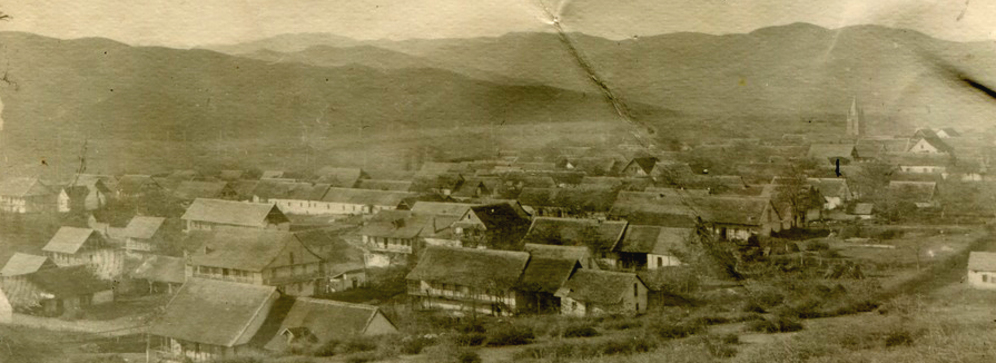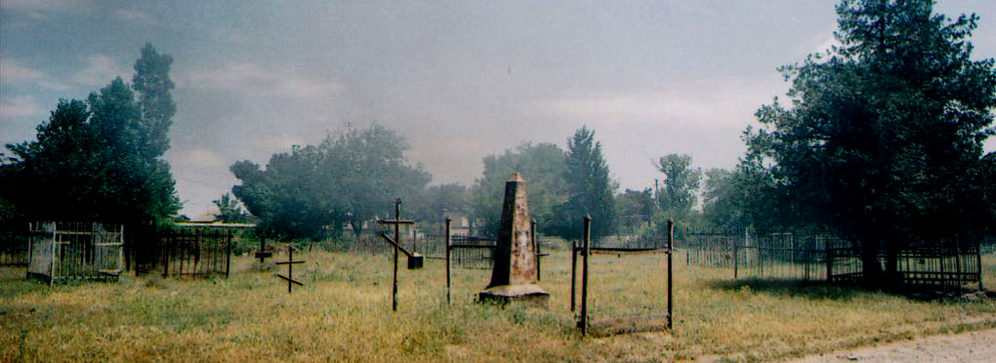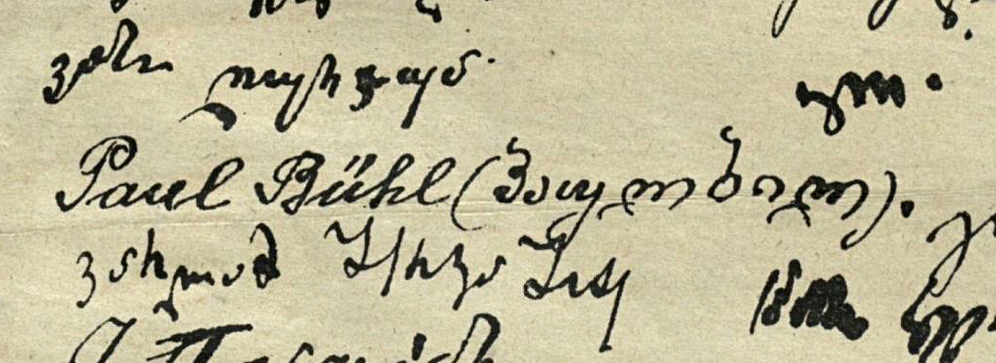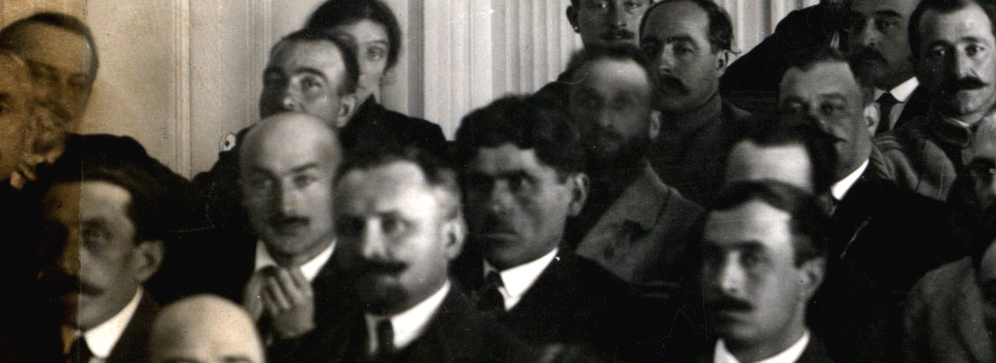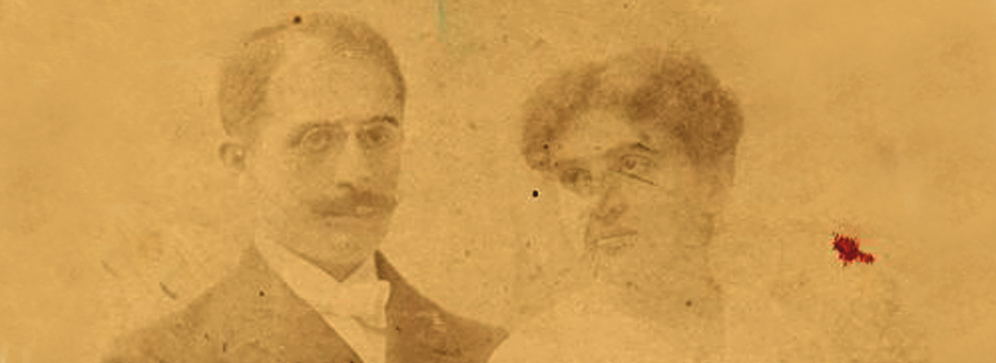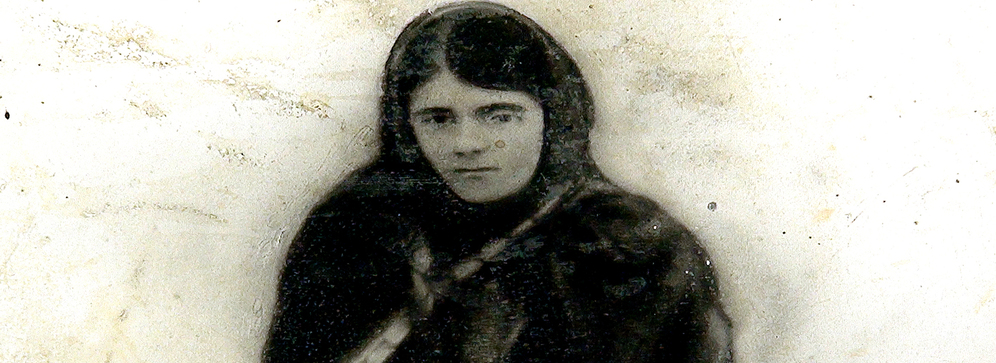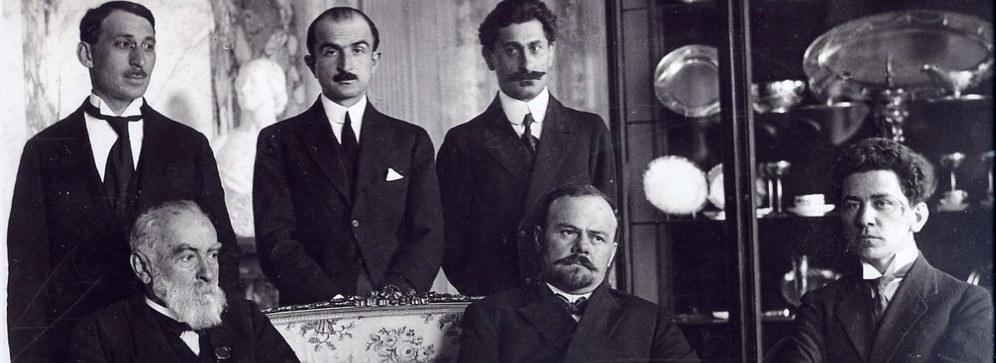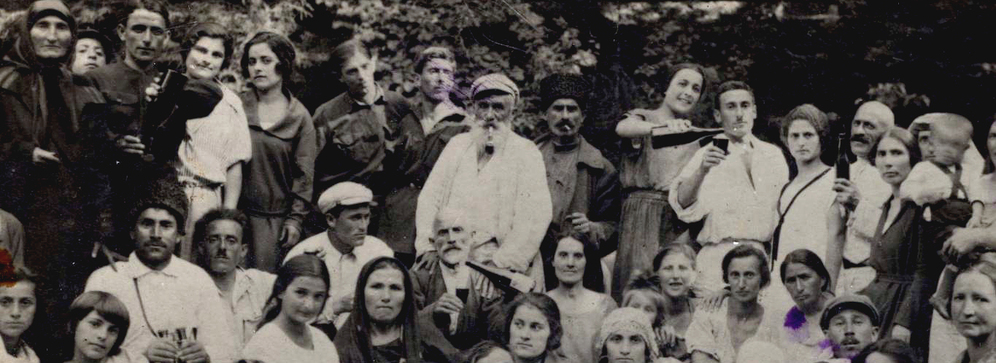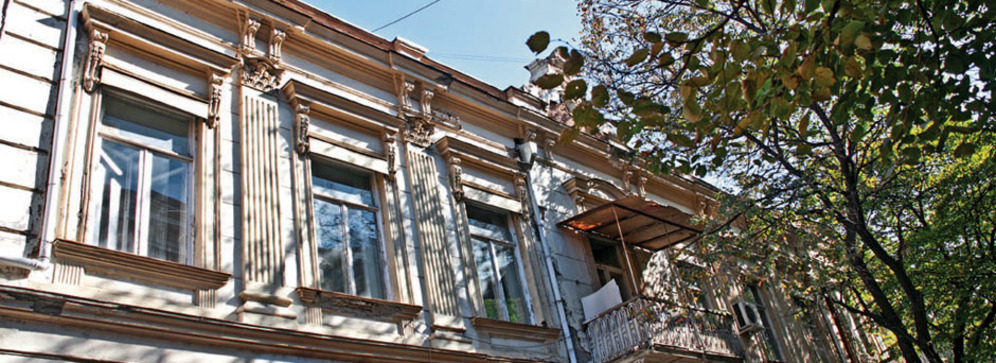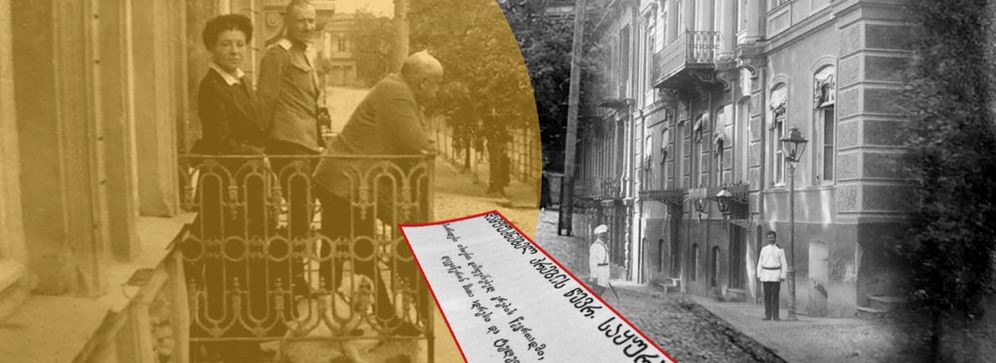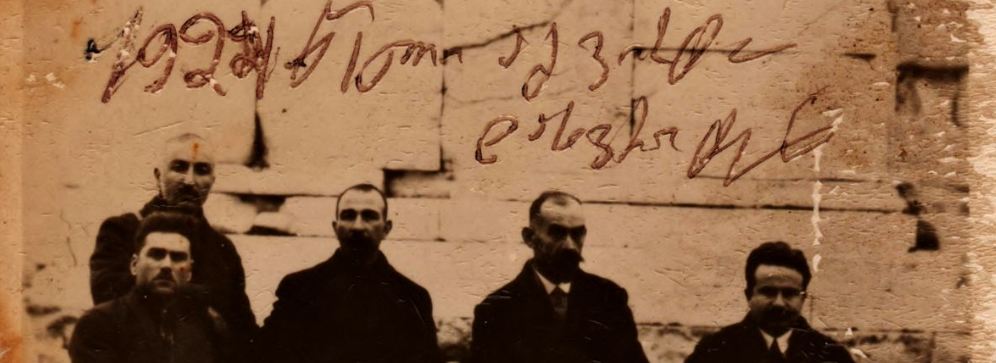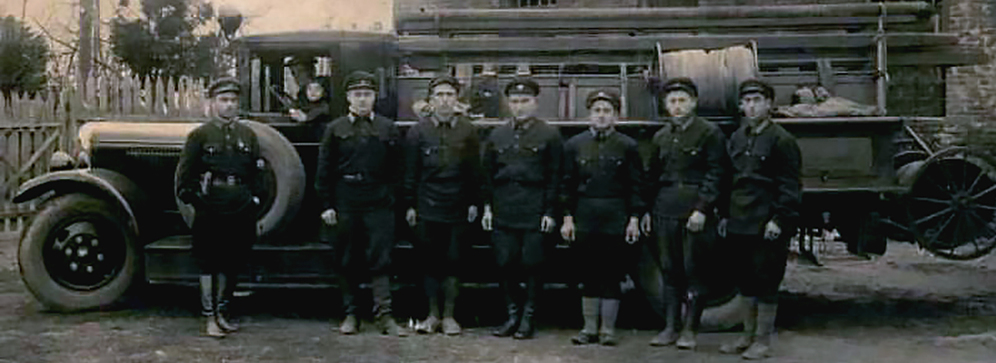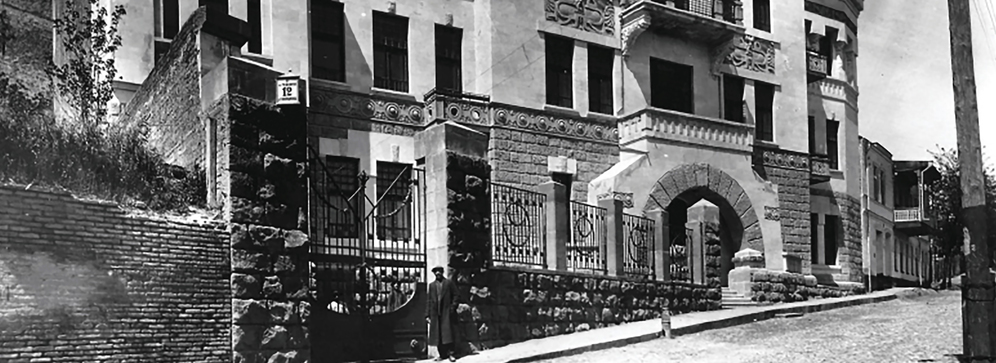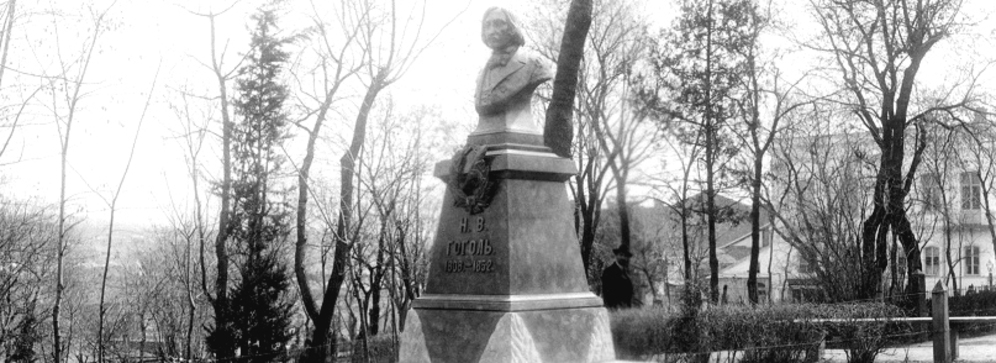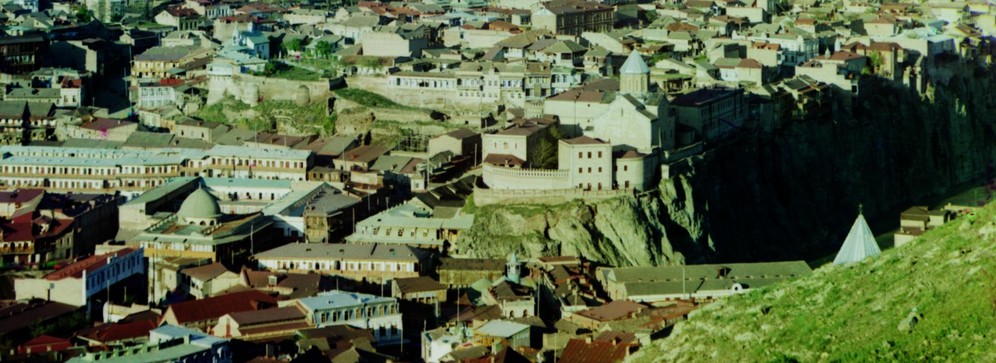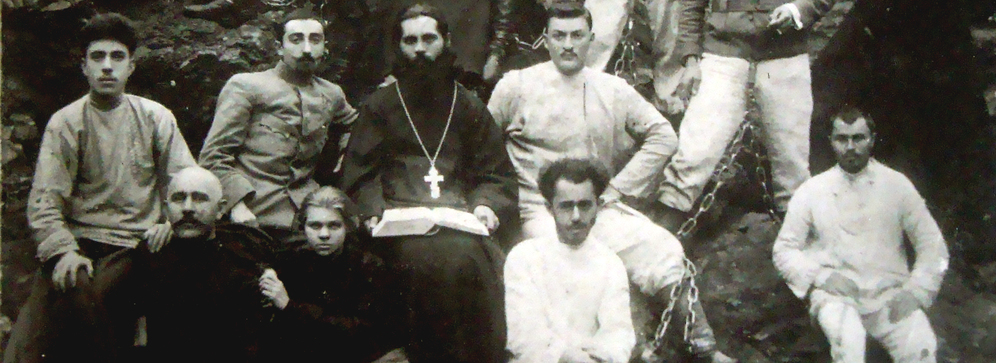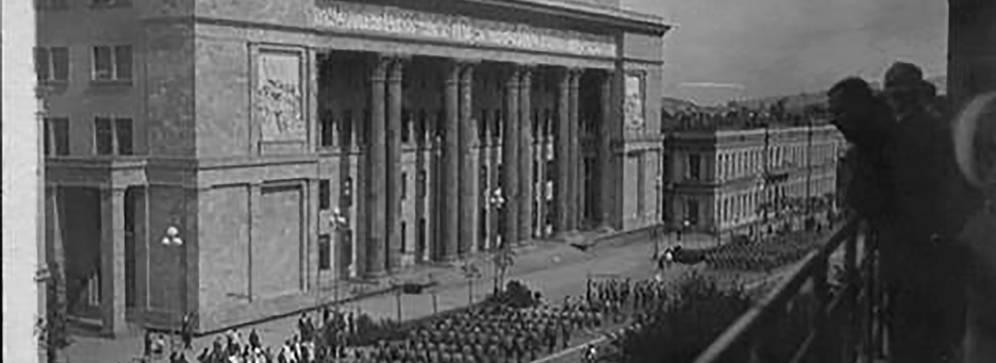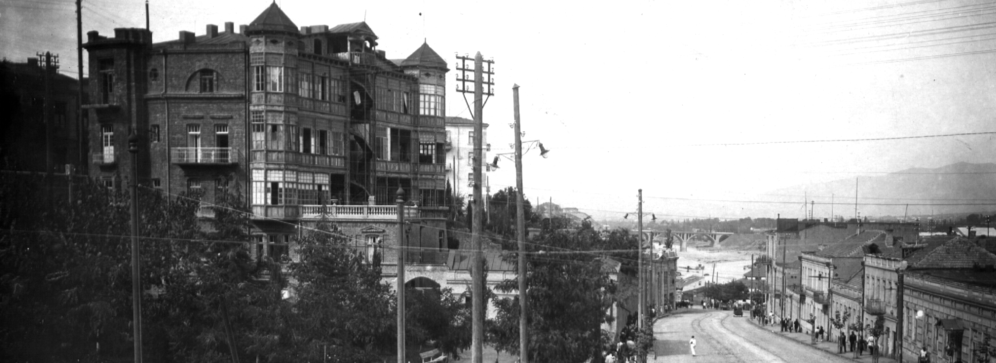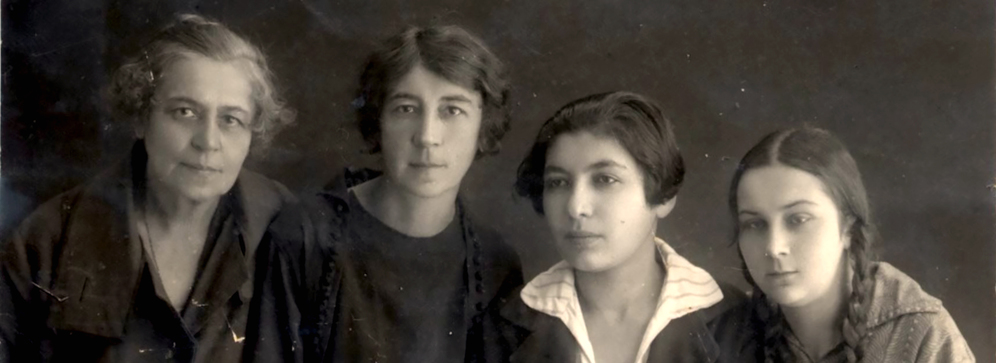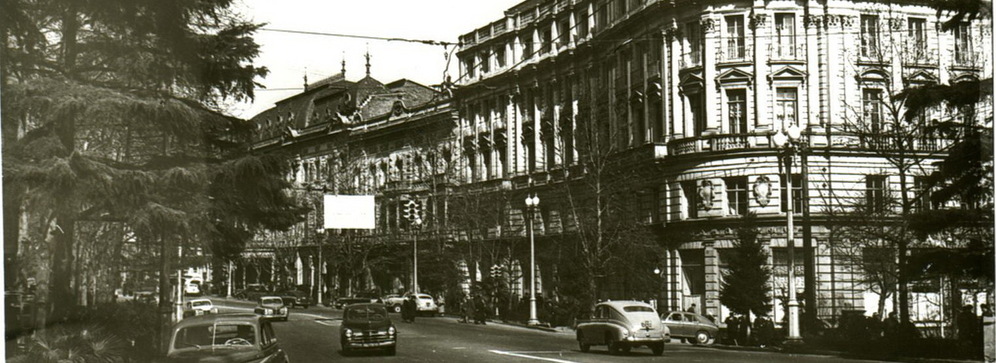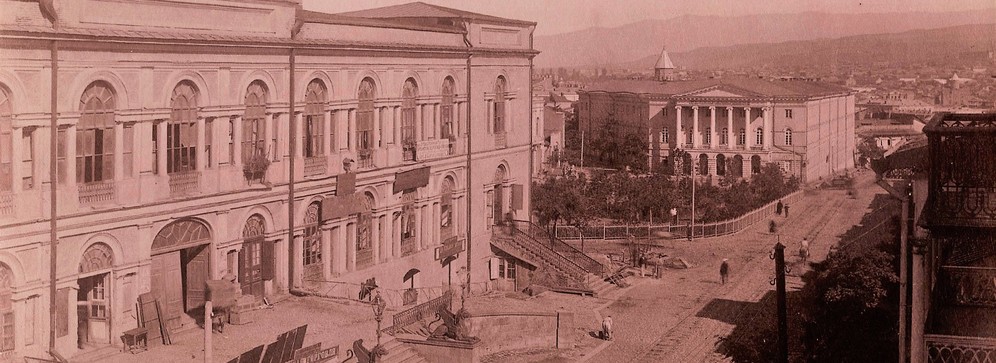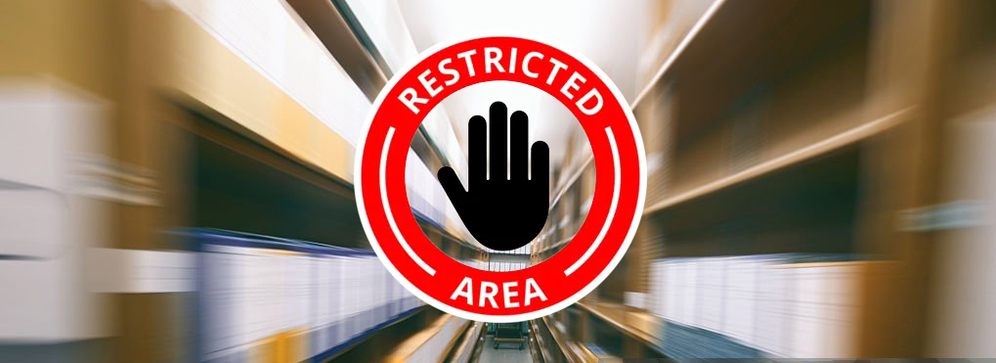
Russian Information Warfare benefits as Access to Georgian Archives Faces Growing Restrictions
Summary
Ever since coming to power in 2012, Georgian Dream has gradually but steadily limited the access to the country’s Soviet period archives. Despite being formally open, Georgian archives have become increasingly difficult to access for researchers and the wider public, severely limiting the possibility to research and expose Georgia’s Soviet totalitarian past. This in turn has enabled the successful weaponization of Georgia’s soviet past by the Russian information warfare as shown by credible polling as well as 12 new statues of Joseph Stalin in recent years.
This memo outlines key examples of how the Georgian Government restricts access to archives and suggests practical recommendations/measures the EU could integrate into its working formats in order to address this problem, previously absent from the EU-Georgia agenda.
The state of affairs
Key archives in Georgia containing unique materials on the country's Soviet past include the National Archive (including the Central Archives of National History and Contemporary History) under the Ministry of Justice, the Archive of the Ministry of Internal Affairs (including the former KGB Archive and the former Archive of the Communist Party of Georgia). As Georgia was the centre of the Caucasus until the mid-1930s, Tbilisi also holds unique collections of archival material from the entire region, including the North Caucasus. The Georgian archives remained virtually unchanged from Soviet times until the Rose Revolution in 2003. While after the Rose Revolution the former KGB and Communist Party archives were declassified and largely opened, with most documents accessible to researchers, after 2012 the process was reversed.
Immediately after coming to power in 2012, Georgian Dream began to introduce a wide range of restrictive measures, both formal and informal, which ended up significantly limiting access to Georgia's Soviet past. The restrictive measures include, but are not limited to:
- Completely prohibiting researchers from photographing documents with their own technical means and charging prohibitively high fees for photocopying documents. (In the National Archives, for example, copying a page cost approx. 40-euro cents. In the archive of the Ministry of Internal Affairs (the former KGB archive), the cost of copying a page is one euro, while the price of photographic documents can reach 7-8 euros (the fees for film and video recordings are astronomical). Historical research often requires access to many hundreds, if not thousands, of pages of documents. The imposition of prohibitively high fees for copying archival/historical documents is contrary to international practice, where not only is everyone free to make copies of documents, but the archives themselves are equipped with technical means that are available to researchers and the general public.
- The Georgian Ministry of Justice abuses Georgian personal data protection laws by interpreting them to include all historical documents less than 75 years old. This abusive restriction covers not only private individuals, but also members of the repressive apparatus of the Soviet totalitarian system, whose identities - as in Russia - are protected by the current Georgian state.As a result, all names and details such as addresses, education, employment, gender, age and anything else that the archive administrators deem 'personal' are crossed out. This makes it very difficult, if not impossible, to shed light on key events in Georgia's Soviet totalitarian past, such as the massacre of pro-independence demonstrators in April 1989. The government falsely justifies the restrictive practice with the EU's General Data Protection Regulation, while blatantly ignoring the regulation's own provisions for the archival sector, as well as the European Archives Group's Guidance on Data Protection for Archive Services.[1]
- Just like the FSB in Russia, the State Security Service of Georgia continues to informally “supervise” all of the above-mentioned archives through its officers posted in each archive. This “supervision” includes interference in decisions whom to admit to archives as well as which documents to withhold from researchers. The State Security Service of independent Georgia aspiring to join the EU should, in theory have a vested interest in exposing the Soviet totalitarian crimes against the Georgian people. However, its approach is exactly the opposite. Even foreign researchers have faced increasing problems with researchers from reputable US universities expelled from regional and even national archives for no official reason. Researchers often have to wait several weeks to obtain a permission to work in the archive whilst in Western archives such permission can be granted in a matter of minutes.
- Through various technical manipulations various archives purposefully limit access to catalogs and inventories while de facto hiding them. The online catalog of the National Archives contains very limited information in a very complicated format while the Interior Ministry archive has no online presence whatsoever for already several years. Catalogues of the Contemporary History Archive (after 1921) are not fully available while accessing documents online is impossible with the exception of eight funds.
- Already since 2013, the Government has effectively banned access to all data on KGB and Interior Ministry personnel dating back to the 1970s. In recent months, Sovlab researchers have been denied the right to access Communist Party materials from the 1970s and 1980s on the basis of a verbal ban, with archive staff saying they would "get in trouble" if the documents were released.
In addition, there are a number of technical or seemingly insignificant measures that, when combined with the above restrictions, are almost prohibitively difficult to overcome. These measures include:
- Closing down archives for “reorganization”: The Ministry of Internal Affairs Archive (former KGB Archive) has been completely closed since November allegedly due to “reorganization.” There is no information available either on what this actually means nor on the possible reopening date.
- Taking down archival websites for indefinite periods. For example, the website of the former KGB archive has been down for three years. It contained very limited information anyway, with no online access to catalogues and inventories, only a glossary of names. In the case of the Communist Party Archive (also part of the Ministry of the Interior), it was possible to access an overview of the inventories.
- Harsh working conditions. In most cases, only tiny. very uncomfortable rooms are provided as reading rooms where researchers have to line up in order to gain access (as non-researchers who are, for example, looking into genealogy and etc. use the same reading rooms). The Reading room of the Internal Affairs Ministry archive is tiny, with terrible conditions and located next to the Ministry’s shooting range where researchers have to listen to shooting from firearms for hours. Researchers can access only 10 cases/folders a day and can get access to other cases/folders they order only next day
- Limited working hours. Georgian archives work only during working hours (10am to 5pm) and are closed at weekends and in August. International practice is to work late and at weekends, as most researchers have day jobs.
Recommendations
The European Union could use Georgia's eagerness to obtain a candidate status to integrate the issue into its working formats, notably through the sectoral dialogue in the Association Council. The EU could consider proposing the following measures to the Georgian government:
- Harmonisation with the European General Data Protection Regulation and its provision on archives. Ending the abusive practice of withholding historical documents less than 75 years old. Comply with the European Archives Group Guidelines on Data Protection for Archival Services;
- Allow researchers to take photographs of historical documents with their own technical means free of charge, similar to existing practice worldwide and in the EU. Archives should also be equipped with technical means to allow researchers to take photographs of documents free of charge;
- Put an end to the interference of the State Security Service in the work of the archives and the withdrawal of its officers from the archives.
- Full publication of all catalogues, inventories and fonds in accordance with Georgia's freedom of information laws. Electronic tools must be put in place to allow at least online searching of cases/folders. Whatever search mechanisms already exist in the archives must be made available to citizens online.
- Provide sufficient and adequate space for reading rooms.
- Extending working hours in line with international and European practices.
About Sovlab: The Soviet Past Research Laboratory (Sovlab) is a Georgian think tank dedicated to researching Georgia's Soviet totalitarian past and countering the weaponisation of memory by Russian disinformation. In 2021, the Russian Foreign Ministry named Sovlab as Georgia's No. 1 organisation "falsifying history and spreading propaganda".
In November 22, the European Parliament endorsed Sovlab’s work. Article 25 of the Annual Report on the Implementation of the Association Agreement between Georgia and The EU reads:
“Notes that Russian propaganda uses the totalitarian past and the cult of totalitarian communist leaders as a tool of influence in Georgia; stresses that the glorification of Stalin, including through erection of new statues, distorts the bloody and cruel legacy of communism and is an affront to the millions of victims of Stalinist terror; commends the civil society for countering Russian disinformation, including through initiatives such as the Soviet Past Research Laboratory.”
Source: https://www.europarl.europa.eu/doceo/document/A-9-...
[1] Guidance on Data Protection for Archive Services, European Archives Group URL: https://commission.europa.eu/system/files/2018-10/eag_draft_guidelines_1_11_0.pdf
